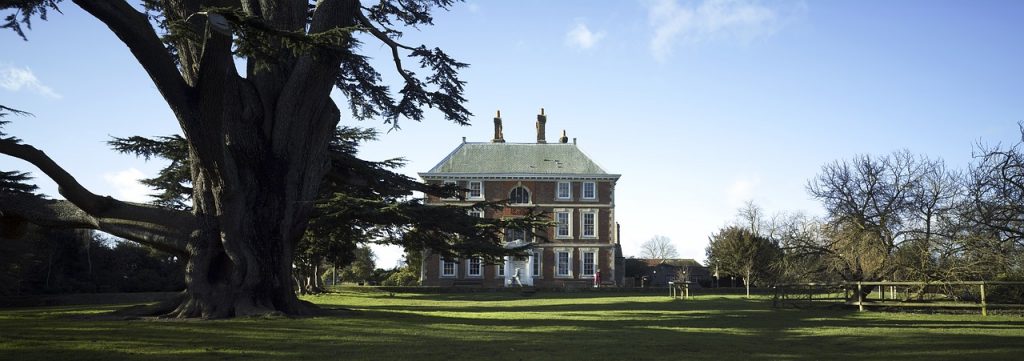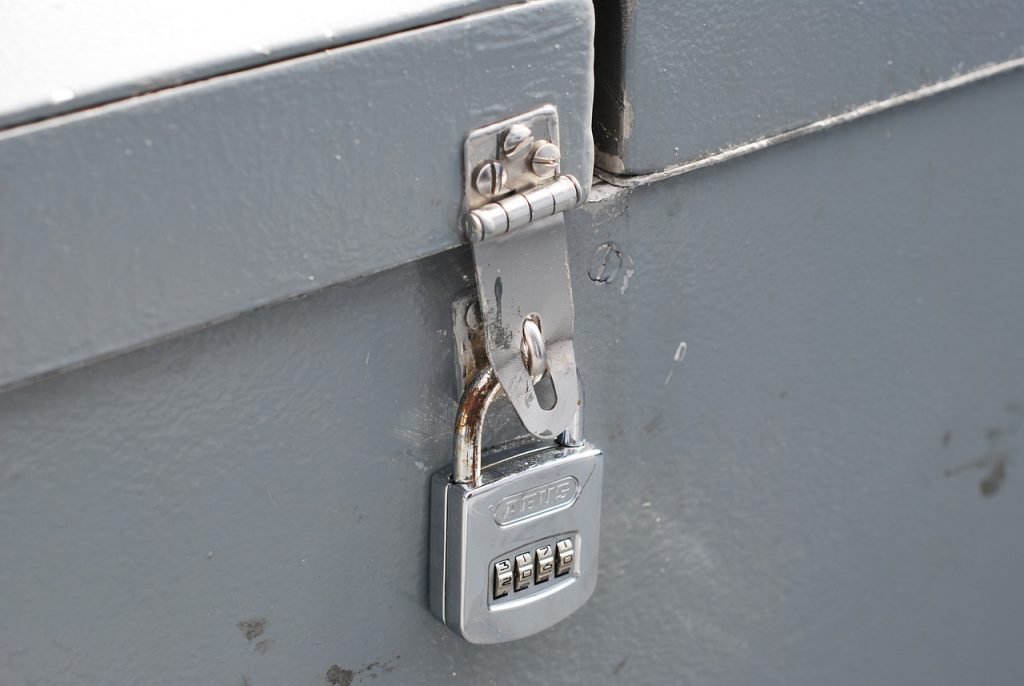
As I was researching how fishermen fish, I came across an article that stated several factors in choosing the right kind of bait for fishing. Some of those factors are water temperature, water clarity, fish activity levels, and light levels. Interestingly, those factors have spiritual parallels to catching “spiritual” fish.
And as He walked by the Sea of Galilee, He saw Simon and Andrew his brother casting a net into the sea; for they were fishermen. Then Jesus said to them, “Follow Me, and I will make you become fishers of men.” They immediately left their nets and followed Him. When He had gone a little farther from there, He saw James the son of Zebedee, and John his brother, who also were in the boat mending their nets. And immediately He called them, and they left their father Zebedee in the boat with the hired servants, and went after Him. Mark 1:16-20
Jesus called His disciples to become fishermen of men. To be a good fisherman, one needs to determine the right conditions and discern what is required to catch fish successfully. Water temperature, water clarity, fish activity levels, and light levels have spiritual parallels to when someone is ready to come to Jesus.
Water Temperature
Just as water temperature could be a determining factor in using the right bait for catching fish, we also need to be discerning of someone’s spiritual temperature. If a person is cold and distant, there is no need to push ourselves on them. We can be kind and cordial until such a time that they want to get closer. On the other hand, someone who is warm and interested in spiritual things is going to be like a sponge. They are hungry, and thirsty for truth and have questions. We need to nurture those people and help them find answers to their questions.
Water Clarity
Sometimes we don’t have clarity as to where someone is spiritually, so we need to be careful not to make assumptions about them. Just because someone is agreeable, it does not mean they are ready. Also just because someone is argumentative, it does not mean that they are being rebellious and resistant to spiritual things. Stereotypes could turn people away from us and make them feel judged.
Activity Level
If individuals live a very busy life, they may seem interested, but they may not be ready. We can’t chase people around and hope that we can get a few minutes of their time. We do our part in remaining constant and consistent, and when the person is ready to slow down to work on issues, we can make ourselves available to them. Sometimes, people slow down only when they are in pain, and as soon as their pain dissipates they go back to their old pattern. Hopefully, we can help them see that changes to their lifestyle and busyness will be necessary if they want to get to know the Lord and grow in God.
Light Level
People need to be willing to come to the light of Jesus if they desire change. They can’t stay in the shadows or desire to remain in sin and still want to walk with Jesus. Jesus will give a clean slate for those who are willing to come to His light and accept His forgiveness for their sins. For without repentance there is no remission of sins. Salvation is a gift, but sanctification will cost them something. We can’t lure them into the Kingdom by making it look so easy or have them be disillusioned about the cost of Lordship.
The Fish Need to be Cleansed
When we have the privilege of seeing people come to Jesus, then the hard work of discipleship begins. There is much cleansing and sanctification that is in store for them. This will require us to roll up our sleeves and patiently help those who want to grow in Jesus.
We have many orphan Christians out there who may have accepted Jesus at one point in their lives, but they need to be discipled. We can’t catch the fish and then complain that they smell bad and stay away from them. We need to develop a fatherly and motherly love for people, so we can willingly help them. If they allow us to walk alongside them, we need to help them grow up in God and become mature children of God.
Being fishermen of men requires faith, patience, consistency, and discernment. All the characteristics I have shared in the last four devotionals can be developed by any of us. They are not just reserved for a chosen few or those with special gifting and talents in these areas.
Lord we pray and ask that you would develop us as skilled fishermen, so we can be effective in evangelism. In Jesus’ name. Amen.
Image by Free-Photos from Pixabay










